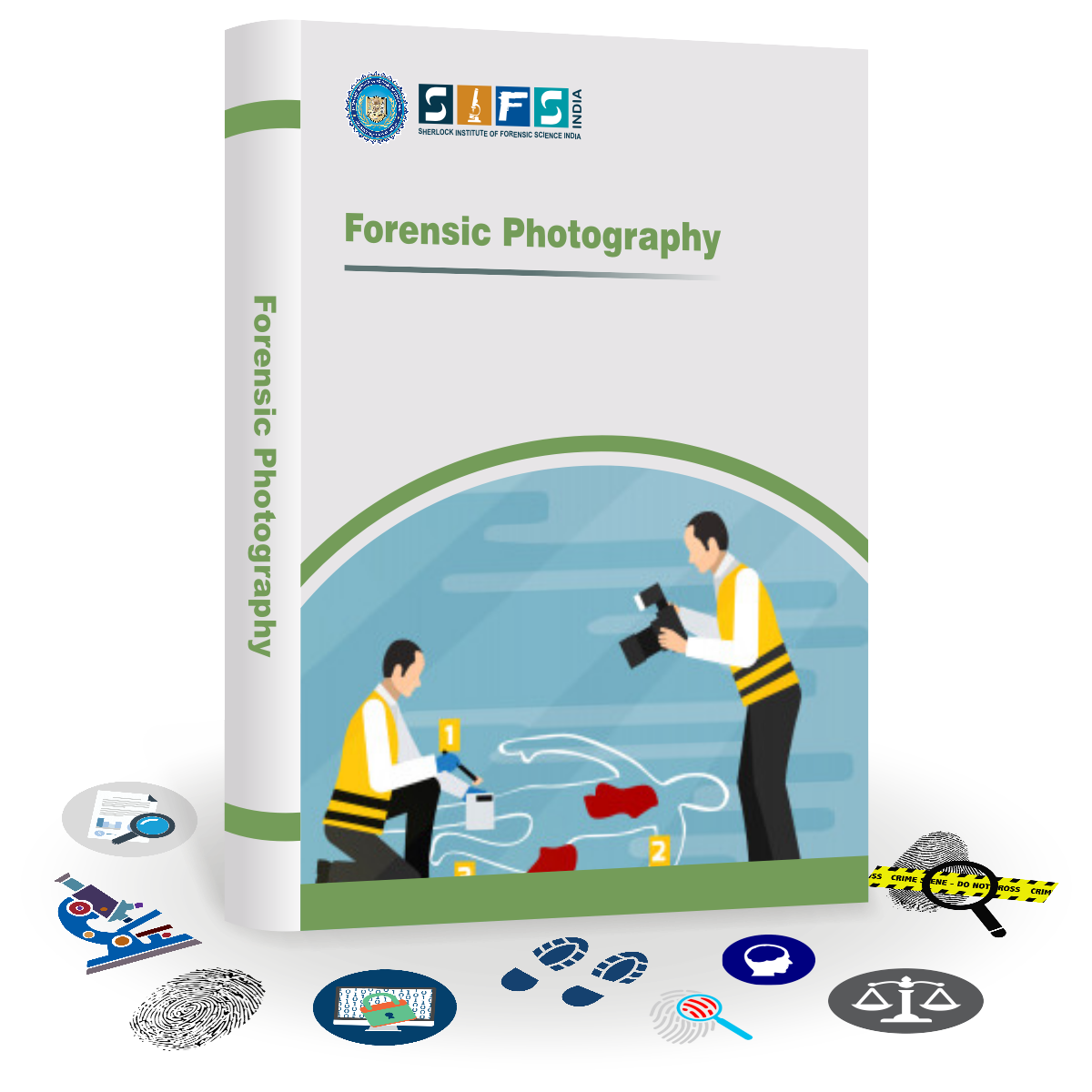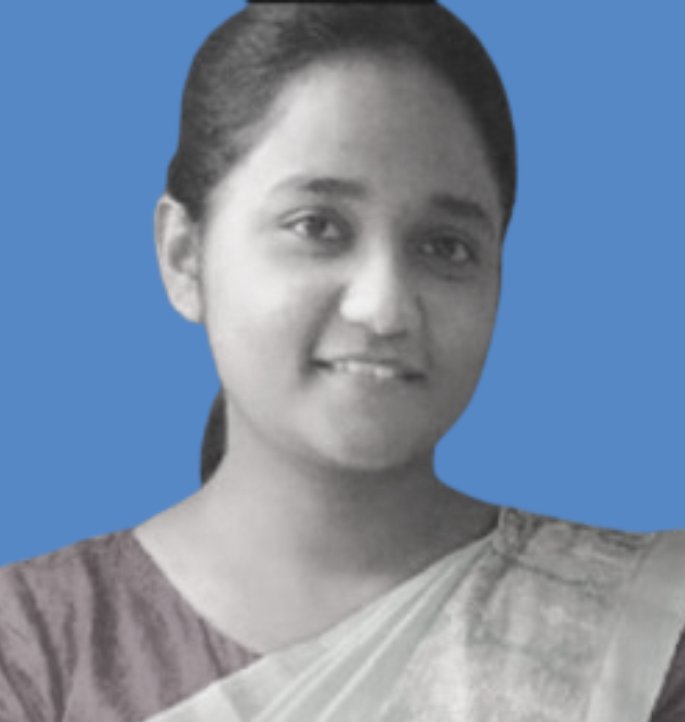I really enjoyed your course and continuous evaluation.It is very thought provoking with great presentation style.Thank you for a great course.

Feb Batch 2026
Last Date to Register : 25th Feb 2026
The Forensic Photography Online Course by SIFS India is meticulously crafted to equip you with the skills to become a visual detective, preserving crime scene stories to support law enforcement during investigations.
You will learn to utilize the power of the lens as a tool to document, analyze, and preserve crime scenes and evidence.
Upon enrollment, you will have access to pre-recorded sessions, and under the guidance of seasoned experts, you will become a proficient forensic photographer, preserving the truth through the lens.
Associate Degree Program comprises of three levels: Level 1 (certificate), Level 2 (diploma), and Level 3 (Post Graduate Diploma), and the entire curriculum is divided among these levels.
A few of the topics you will learn about are: forensic photography history, principles of camera handling, types of cameras and their parts, photographic documentation of different objects, crime scene documentation, evidence photography, photographing different types of crime scenes, accidental, arial, surveillance, and underwater photography, photogrammetry, and legal aspects related to crime scene photography.
So enroll now to become a professional forensic photographer and help investigators decode and preserve crime scene facts through the power of the lens.
Course Benefits
Enrolling in this course lets you master the techniques for capturing precise, detailed, and accurate images of crime scenes and evidence. This course opens the gateway to various career opportunities; you can work as a private forensic photographer consultant, in police departments, or in private forensic labs, helping to discover truth and supporting justice.
Course Outcome
Upon successful completion of this course, you will become an expert at efficiently documenting crime scenes, accidents, and evidence with precision and accuracy. You will have an understanding of applying the principles of photography in context with the legal aspects of forensic documentation, thereby ensuring that crucial visual evidence is presented professionally and ethically.
Course Highlights
- Pre-recorded sessions with practical know-how of forensic photography equipment and techniques
- Expert faculty with extensive experience in documenting crime scenes using photographic skills
- Industry-specific and comprehensive study material and reference books
- Community of forensic photographers and experts
- Professional networking opportunities and improved career prospects
Payment Details:
International Student : PayPal: forensicdocument@gmail.com
Account Details for National Student
Bank Name - ICICI BANK
Acc. Name - SIFS INDIA PVT. LTD.
Account No. - 663505500086
Type - Current
IFSC Code - ICIC0000160
Address - ICICI Bank, H-4, Model Town -III, New Delhi - 110009





